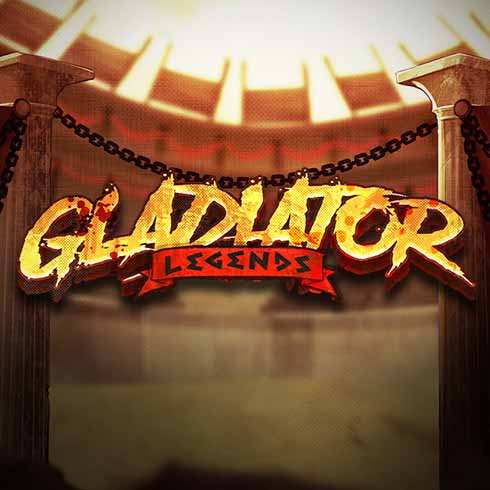
Gladiator Legends
As the Roman Empire expanded, the once-thriving gladiatorial games began to decline, fueled by multiple factors that altered the cultural landscape.
Changing Morality and Religious Influences
The rise of Christianity played a significant role in the decline of gladiatorial combat.
As the Christian faith gained prominence, its teachings emphasized compassion, mercy, and the value of human life. The brutal nature of gladiatorial games increasingly clashed with these ideals, leading to growing opposition from religious leaders and communities Kuwin.
Over time, the moral implications of supporting such violence became more pronounced, forcing society to grapple with the ethics surrounding entertainment derived from bloodshed. The shift reflected broader changes in cultural priorities, moving toward a more humane approach to life and death.
Political Instability and Economic Factors
Political turmoil contributed significantly to the decline of gladiatorial games as financial resources dwindled.
Imperial instability led to economic strain, leaving less funding for the extravagant spectacles that once enthralled crowds. Additionally, the increasing burden of maintaining the vast empire took precedence over entertainment. As a result, fewer funds were allocated to organize games, and public interest waned.
The collapse of the Western Roman Empire marked a definitive turning point, signaling the end of an era. Gladiatorial combat, once a hallmark of Roman identity, faded into obscurity as new forms of entertainment emerged, solidifying its place in history but diminishing its relevance.
Legacy of Gladiatorial Legends
Despite their decline, the legacy of gladiators endured, permeating art, literature, and popular culture.
Contemporary films, books, and video games continue to draw inspiration from their exploits, portraying them as larger-than-life characters battling against insurmountable odds. The fascination with Gladiator Legends endures, serving as a testament to humanity’s longing for storytelling centered around courage, sacrifice, and the indomitable spirit of individuals facing adversity.
As modern society reflects on the nature of entertainment, the lessons drawn from the gladiatorial age remind us of the thin line between celebration and exploitation—a balance we must consider as we navigate our own cultural narratives.
Conclusion
The story of gladiators is a rich tapestry woven with threads of bravery, struggle, and cultural evolution. From their origins as humble fighters seeking honor in the arena to their status as legendary figures celebrated in various forms of media, Gladiator Legends continue to inspire awe and intrigue.
As we reflect on the complex interplay between entertainment and ethics, the legacy of gladiators urges us to consider the values we hold dear as a society. In their journey, we find echoes of our own struggles—an enduring pursuit of freedom, dignity, and recognition in a world fraught with challenges. Ultimately, the legends of gladiators remind us that even amidst the chaos of life, the human spirit strives to rise, making a mark that transcends time.
